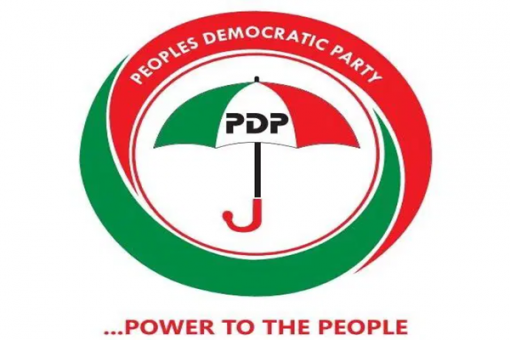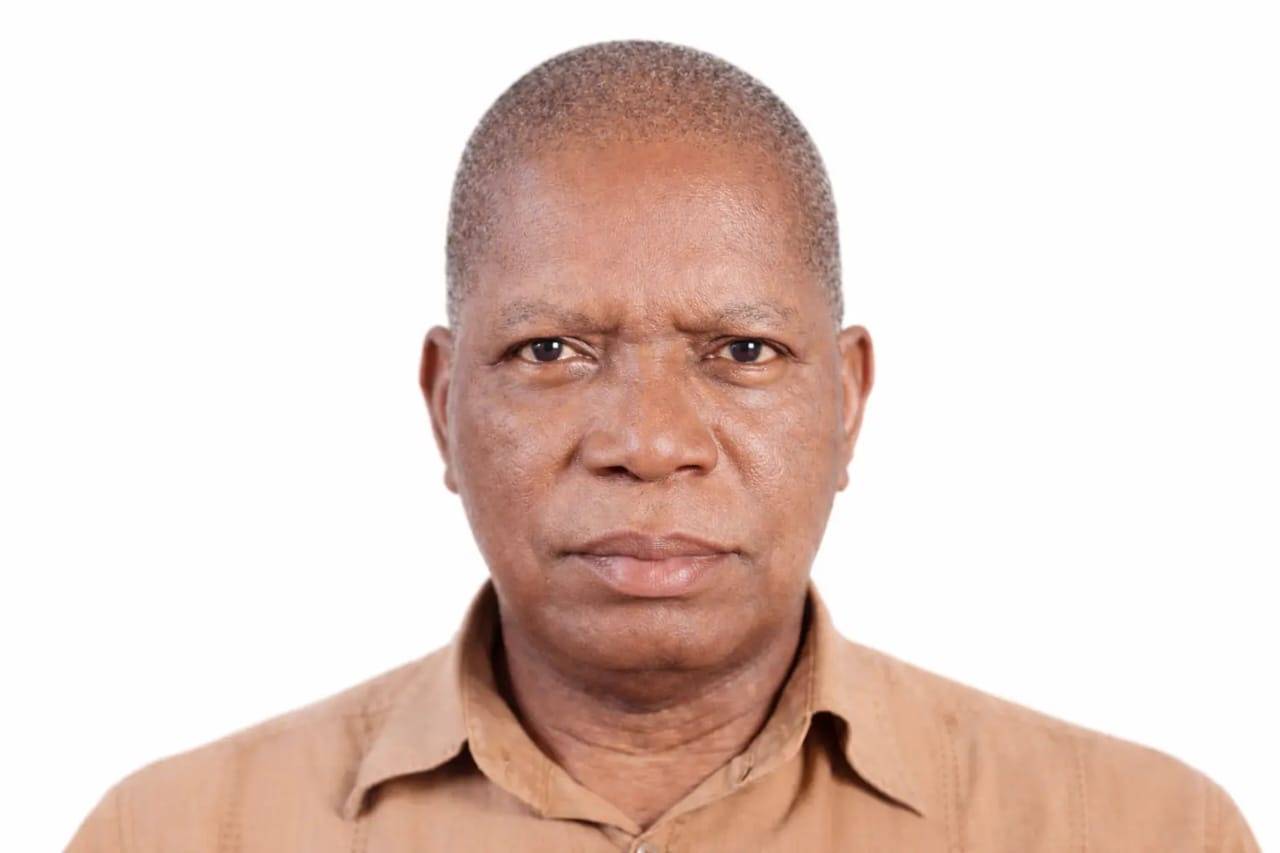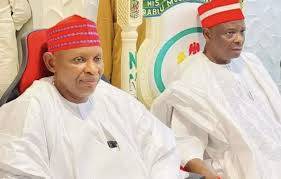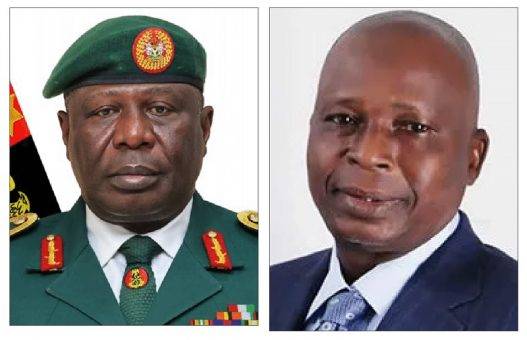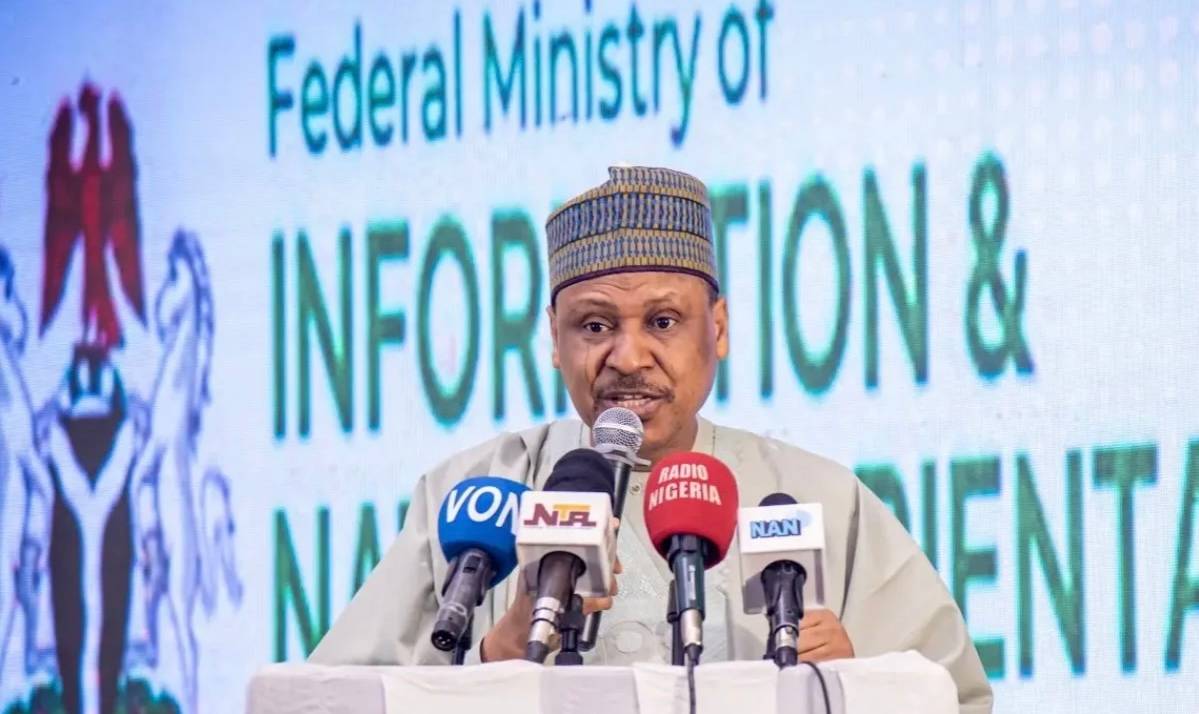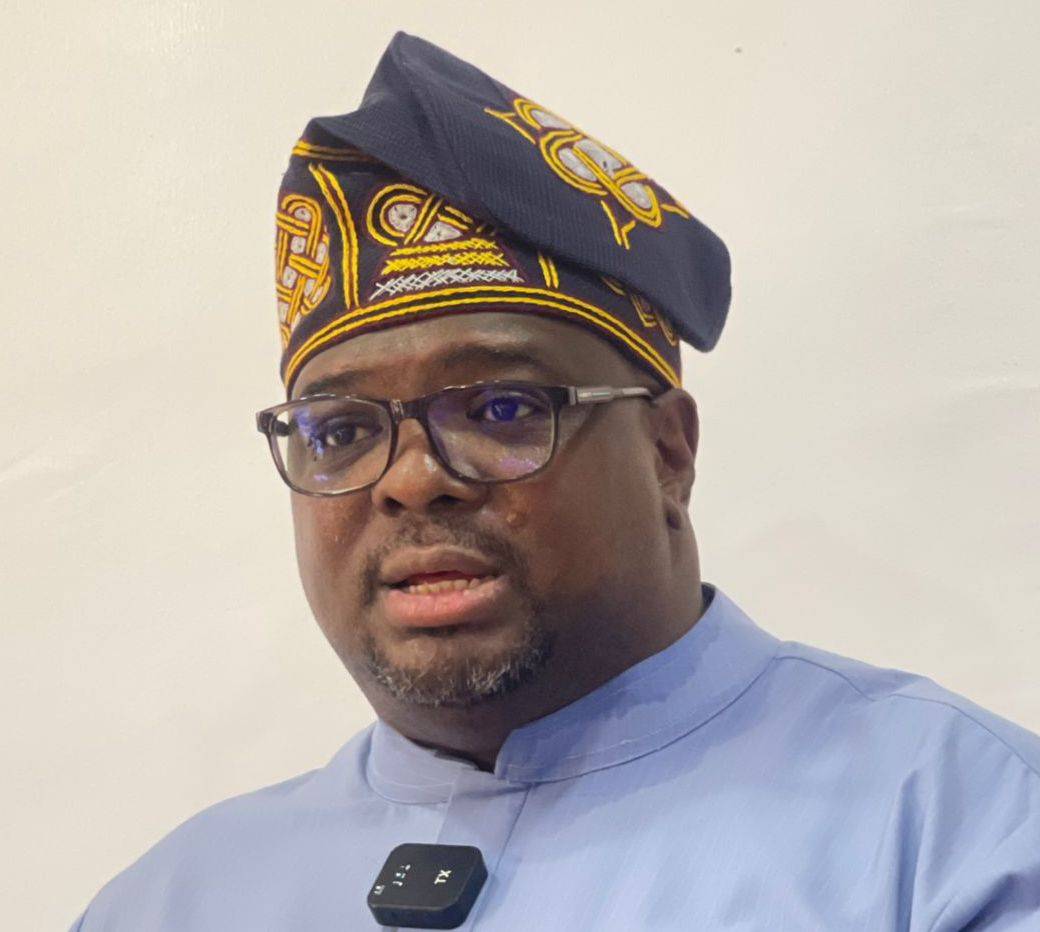By Emmanuel Oladesu
The Peoples Democratic Party (PDP) never anticipated the turn of events. Its leaders had confidently declared the party would rule for 60 years. They least expected the transmogrification that boxed it into the opposition corner. Now dazed, its leaders have been trying to pinch themselves into reality. But the more they try, the deeper they lapse into odious phantasm.
The PDP seems to find more crises in resolving the self-inflicted confusion it created for its leadership. As its headship falters, the centre weakens further. Its administration has become a case study in party politics conflict resolutions.
When the wind of change blew, an adjustment to reality became tedious. The transition to life outside power has been hectic. Left in the cold for 10 years running, the party is yet to put itself together. Its bane is a lack of unity, cohesion, and focus.
However, the PDP cannot be dismissed with a wave of the hand in many states, particularly in its strongholds, where it still has structures and can weather the storm. It will be risky for the All Progressives Congress (APC) to sleep on guard because it is now the ruling party at the centre. The reason more chieftains are defecting to APC is because it is the ruling party. They feel they have prospects of winning on the platform. APC should learn from the PDP’s mistakes and manage its achievements well.
The founding leaders of the PDP are now on the sidelines. Many of them are old and contending with fading influence. At one point or the other, they were either pushed aside, emasculated, or frustrated out of the party. The majority of the current crop of the party’s leaders – governors, National Assembly members, and national officers – were too junior to the founding fathers in the hierarchical order. Between 1999 and 2003, many of them were SAs, SSAs, council chairmen, and state lawmakers. The party appears to be collapsing because its leaders are neglecting the old vision and agreement that once held the party together.
The few active founding fathers are pretending as if nothing of such existed because upholding them would be detrimental to their interests. In the process of holding on to personal agendas, the collective interest is threatened.
It is not a fitting tribute to the memory of PDP leaders, like Dr. Alex Ekwueme, that rotation or zoning of the presidential and national chairmanship slots was discarded by the current handlers of the party.
It is a tragedy that the formidable party chaired by progressive leaders, including Chief Solomon Lar and Chief Bola Ige, who wrote its constitution, now appears to be ebbing away.
The PDP agreed to distribute six positions into six zones. These positions are: President, Vice President, Senate President, House of Representatives Speaker, Secretary to the Government of the Federation, and the National Chairman of the party.
Also, it was agreed that the offices should rotate between the South and the North. The aim was to foster unity, equity, justice, and a sense of belonging in the heterogeneous country.
Once those agreements were breached in PDP, lots of problems arose.
There was a political pollution at the beginning as the Generals who reluctantly surrendered power became the pillars of the edifice. Many of the founding fathers developed an inferiority complex in 1998/’98. After establishing the party, they started looking for an outsider to fly its presidential flag. Even, if General Olusegun Obasanjo was a silent PDP sympathiser, there existed well-known and competent civilians in the party who were qualified to run for President. But the retired soldiers who held the ace insisted on the former military head of state.
As the ruling party, the PDP was beset by leadership instability. After it gained power, the party slipped into turmoil. As the President became the National Leader, the national chairmen became puppets. From 1998 to date, a spate of 27 years, the party has produced 17 national chairmen. Only one of them, Col. Ahmadu Ali, completed his tenure successfully. Many left the party chair worse than they met it. Today, no fewer than five former chairmen of the party are in the All Progressives Congress (APC).
PDP’s problem is worsened by its lack of leadership.
Party leadership is beyond the National Working Committee (NWC). In this wise, the PDP has not borrowed a leaf from the pre-2019 APC, which, despite being an amalgam of struggling platforms, had a National Leader, Asiwaju Bola Ahmed Tinubu, a man of immense stature who commanded the respect of all and sundry.
In the PDP of today, there is no unifier. Its interim leadership does not command popular acceptance. Yet, the search for a credible alternative is problematic. The party’s elders are not in one accord. They are divided by antagonistic ambitions, conflicts of interests, and clash of egos. As the national leadership is bogged down by unresolved squabbles, many state chapters are also battling with sundry crises that appear intractable.
The stunted growth of the PDP is a disservice to democracy. It robs the country of a critical alternative route and creates a void that cannot be filled by the crisis-ridden Labour Party (LP) and the New Nigeria Peoples Party (NNPP); the latter party’s sphere of influence is highly restricted to Kano.
PDP leaders work at cross-purpose as the platform wobbles towards 2027. Instead of collectively building the party, gladiators are building ambitions on private structures. Cracks are not mended. The organs of the party cannot reach a consensus on concrete ideas and future goals of the party. Many party stalwarts commit anti-party activities. They justify their actions and go unpunished. Thus, there is collapse of discipline.
Reconciliation in the PDP is not built on altruism. It is cosmetic in nature because the sources of discord are ignored. Instead of facing the reality of partisan feuds and malice rooted in the unresolved crisis of 2022, party leaders are busy chasing shadows. It is ironic that as the Oyinlola peace panel swung into action, the intra-party crisis has escalated.
Many things are disputed in the PDP. Its proposed convention is disputed. The NEC meeting has been repeatedly shifted. The party has failed to build a consensus on the choice of the next chairman, although the former occupant of the position, Senator Iyorchia Ayu, was shoved aside more than a year ago. The Deputy Chairman (North), Ambassador Umar Damagum, who has been steering the party’s affairs, does not enjoy the support and cooperation of all. He has survived the plots to remove him more than twice.
Damagum has succeeded in obtaining a court judgment that validates his tenure as the interim leader till December. Yet, concerted efforts are on to pull the rug off his feet. He has to be vigilant.
The Northcentral chieftains are agitating for the new chairman to come from the zone. There is no agreement on micro-zoning. Aspirants are locked in acrimony.
The position of the National Secretary is also disputed. Senator Samuel Anyanwu lays claim to it. His challenger, Ude-Okoye, kicks, accusing the former Imo State governorship candidate of impersonation.
Two weeks ago, their supporters stormed the party headquarters in Abuja to flex muscles. The police described them as thugs who invaded the meeting of the Board of Trustees (BoT) to settle scores. Caution was thrown to the wind. The mob attacked chieftains and no one was ready to claim responsibility.
Today, the Wadata House is not safe. BoT Chairman Adolphus Wabara and other party elders are keeping a distance from the party’s secretariat till further notice. They are taking precautions. On Wednesday, they relocated to Transcorp-Hilton in Abuja for their meeting.
The PDP Governors’ Forum has threatened fire and brimstone. It recognised Ude-Okoye as the authentic National Secretary, to the consternation of an equally embattled Senator Anyanwu, who has been reminding the forum about the stay of execution of an Appeal Court judgment. A situation whereby the landlord packs out of his house is serious.
Echoing the same sentiment and bias, the highest advisory organ took sides in the highly divisive and destabilising issue by throwing its weight behind Udeh-Okoye. This did not go down well with some party youths who rejected the position of the BoT, saying its gerontocratic advice was not binding. The youths pointed out that the tenure of many BoT members had expired.
If there is a court judgment, the verdict should be obeyed. This conforms with the constitution and the rule of law. However, if there is a stay of execution, it should not be ignored either.
The proxy war in the PDP should be carefully settled. The partisan rift between former Vice President Atiku Abubakar and former Rivers State governor and current Federal Capital Territory (FCT) Minister Nyesom Wike started during the 2023 electioneering. What the party could not resolve was the zoning or rotational question. Instead of running to their party’s elders at home to seek their wise counsel, the party went ahead with Atiku as the presidential candidate and Ayu as the national chairman. It meant the old agreement, which Atiku and Ayu were witnesses to at the beginning, was violated.
Younger elements who were not there when the agreement was made but who got to know about it, including Wike and other members of the ‘G5,’ protested. Reconciliation collapsed because the terms of the truce were jettisoned. As the aggrieved governors fought back, the PDP became weakened in some states. The APC saw the cracks and wooed the aggrieved for collaboration. PDP’s loss became APC’s gains.
As a minister, Wike became a subject of envy, and his former colleagues in the PDP Governors’ Forum and new members of the group lacked a novel strategy for engaging the FCT minister.
Treading the path of discord is disastrous. Anyanwu is being targeted for political liquidation at the party’s secretariat, being an associate of Wike. The court, and not the party, will determine his fate. Also, concerted efforts are on to pull the rug off the feet of Damagum. This can be done after December.
As the party warms up for the March 13 National Executive Committee (NEC) meeting, there is palpable anxiety among party leaders and members.
Reconciliation is still the solution. But it should be genuine. It should be erected on the foundation of equity and justice.


